2024 Spring Semester Courses
Freedom & Authority
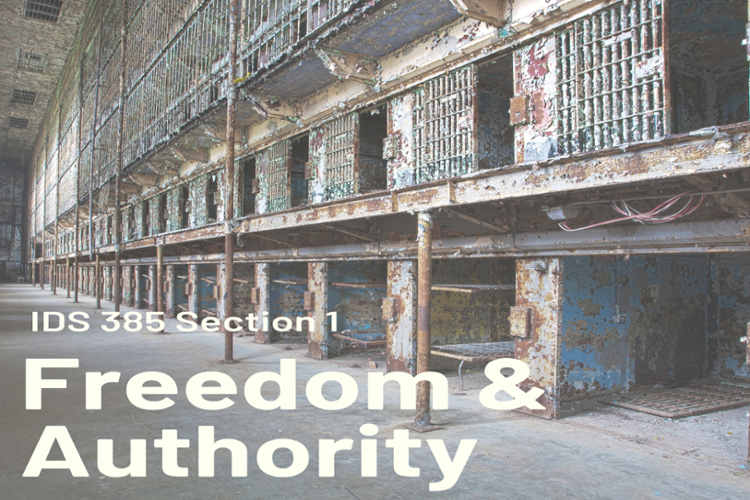
Instructor Peter Wakefield
Thursday 4:00PM - 6:45PM
In 1952, the Emory University's Institute for the Liberal Arts (ILA) opened and offered its first seminar, entitled Freedom and Authority.
The current course, spring 2024, will take up the broad philosophical concepts of the historic first ILA seminar and explore them in dialogue within and between diverse populations who live and constitute the land and places that are Atlanta and Georgia. Specifically, this class will involve undergraduate students at Emory College of Arts and Sciences and incarcerated students at Burruss Correctional (a state prison in Forsythe, Georgia-henceforth: "Burruss"). Students at both institutions will discuss common readings focused on freedom and authority among themselves and in exchange with each other. In other words, two sections of this class - one at Emory College, the other at Burruss, will meet and discuss readings in parallel and according to a shared calendar. Students from the two sections will exchange letters about the readings and discussions each class is having. Further, as logistics permit, during the last half of the semester, four or five Emory students at a time will have the opportunity to travel to Burruss and join the class of incarcerated scholars there, to discuss readings that the two groups have been doing in parallel. NOTE: Emory students should be able to devote one Friday afternoon and evening in March or April to travel to and class at Burruss; date tba.
Intro to Public Humanities
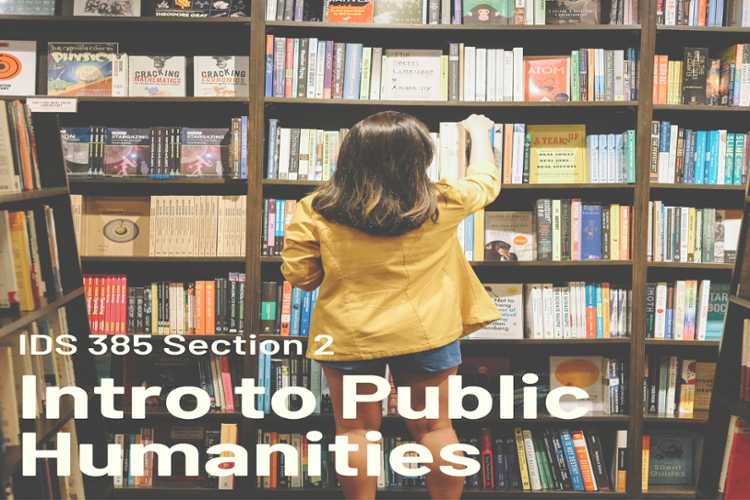
Instructor Rose Deighton Mohammed
Tuesday 4:00PM - 6:45PM
Public Humanities is an interdisciplinary approach to humanistic scholarship that combines reflection on the history of the humanities, critical university studies, and the practice of community-engaged research and scholarship. This class uses applied, experiential, and hands-on learning to challenge students' understanding of the humanities.
In this class, students will explore and reflect on these questions through direct, experience-based learning in one of two local bookstores. Students will work as public humanities practitioners in the context of independent bookstores in Atlanta, GA. Based on students' interests, majors, and skillsets, the class will be divided into two groups that work on projects with Charis Books, the Southeast's oldest queer-feminist bookstore, or Little Shop of Stories, a multicultural children's bookstore in Decatur. Community partners from Charis Books and Little Shop of Stories will collaborate with and supervise students on projects relevant to their current community-based initiatives for social change.
The course involves two weekly time commitments: In-class attendance and participation during seminar and 2 hrs. of weekly project work outside of class with community partners, which fulfills this course's 4-credit commitment.
Europe After Empire
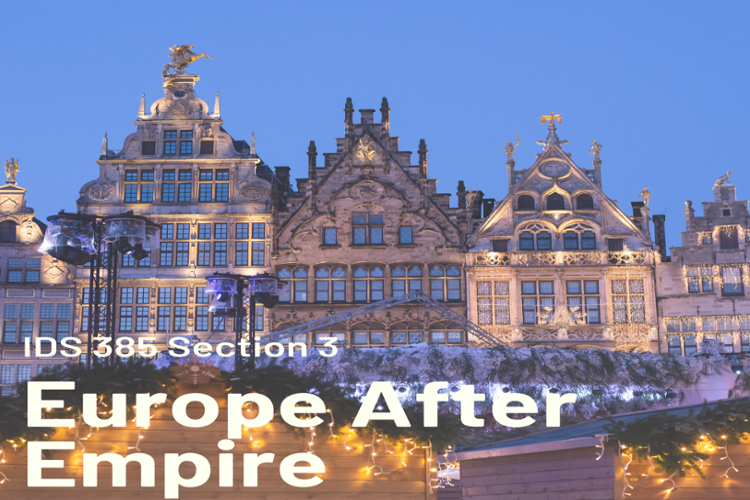
Instructor Tehila Sasson
Monday and Wednesday 2:30PM-3:45PM
This class examines how far the history of colonial territories and imperial metropoles were and are still shaped by decolonization and its aftermath. In particular, it considers the legacies of empire on European metropoles, looking at the case of Britain and France, and the international order. We will ask: How did imperial subjects claim rights in European metropole on the eve of decolonization? How did colonial diasporas fight against financial and political exclusion? How did they resist and protested the color bar? And how do European metropoles grapple with the implications of diversity and ethnic minorities still today?
Powerful Women in Global History
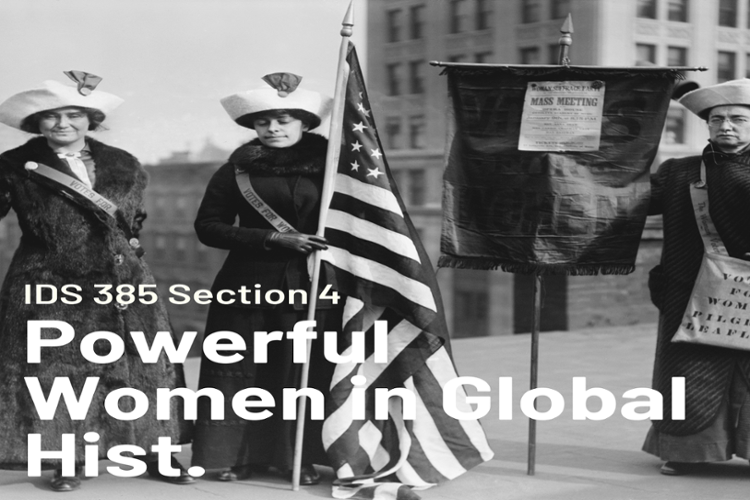
Instructor Ruby Lal
Monday and Wednesday 2:30PM - 3:45PM
Observing Crisis
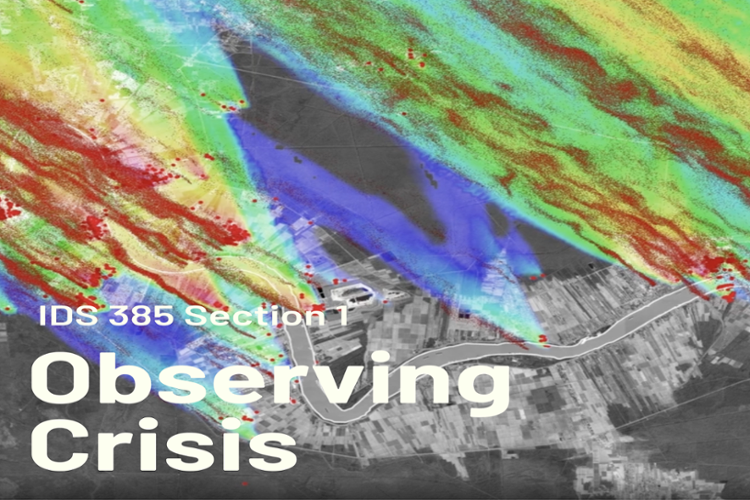
Instructor Julia Tulke
Tuesday and Thursday 1:00PM - 2:15PM
To live in the present is to live in a historical moment of extended crisis: from the still unfolding COVID-19 pandemic to the accelerating cataclysm of climate change and myriad and overlapping forms of economic and political violence. The notion of crisis, unlike its colloquial and abundant use may suggest, is not self-referential but rather a deeply contested term that requires mediation and narrativization to obtain political, historical, and cultural specificity. Derived from the Greek verb krinô, to separate, judge, choose, it occupies the very threshold of meaning, knowledge, and critique. As anthropologist Janet Roitman asserts, "it is not a condition to be observed [but] an observation that produces meaning." To designate a particular historical moment, geographic location, or group of people as in/of crisis means to determine what constitutes the norm and what marks its disruption. In this course students learn to think with and about crisis as a critical lens. Embarking from a theoretical consideration of the term and its uses through history, the course proceeds through a curated set of trans-national and trans-historical case studies. Particular emphasis is placed on crisis visuality as a register of perception and interpretation, considering how visual genres of crisis-from data visualizations and photojournalism to the visual arts-articulate, sustain, and circulate different understandings of crisis, and invest them with affective urgency and political meaning.
Biography of Cancer
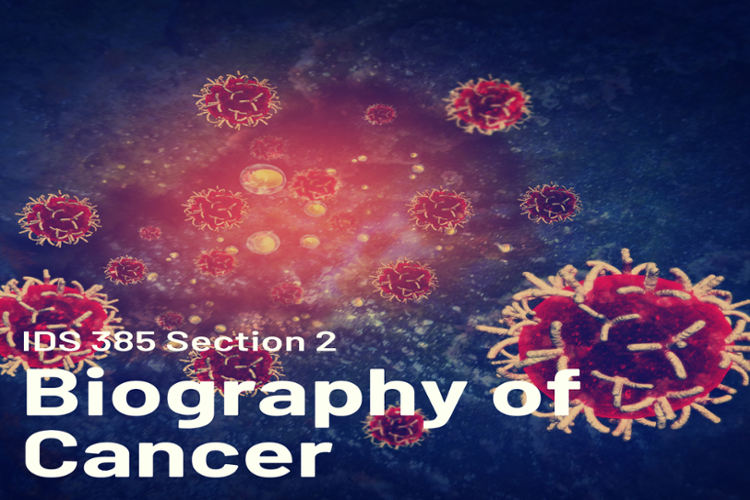
Instructor Ash Thaper
Monday and Wednesday 11:30AM - 12:45 PM
From its earliest known description in Egyptian papyri to its elaborate scientific understanding of the present day, the story of cancer has simultaneously tormented and fascinated us through the ages. Hence, this course will explore important interdisciplinary concepts in the context of evolution of historical perspectives and our understanding of origins, development and treatment of cancer. Through examination of interconnections between cancer and disciplines like paleontology, archeology, anthropology, medicine, philosophy, bioethics, social justice, industry, human rights, law , public policy etc., this course will cultivate a holistic understanding of this age-old malady.
Poetry, Everywhere, Right Now
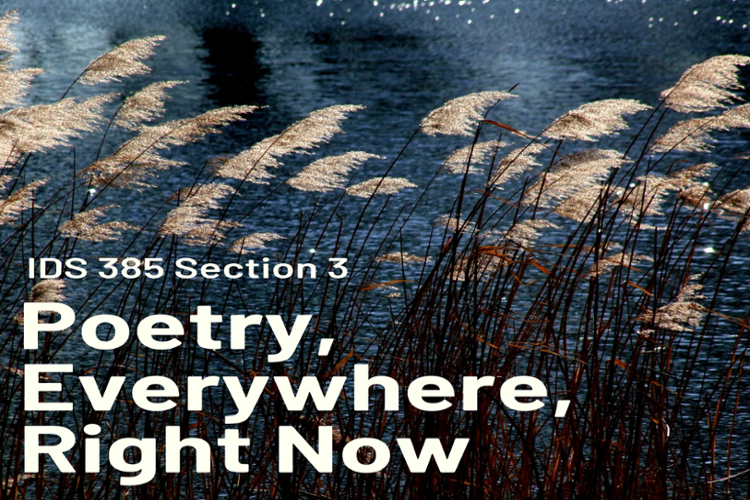
Instructor Christopher Spaide
Tuesday and Thursday 4:00PM - 5:25PM
What does global poetry right now-where "right now" can mean the twenty-first century, the past year, or even the last twenty-four hours-look like, particularly if we situate poets of color not along the margins but right at the center? What assumptions and questions do we bring to bear when we read Black poets, Latinx poets, Asian and Asian diasporic poets, Pacific Islander poets, Indigenous poets, and mixed-race poets? (For that matter: What do we bring to bear when we read a white or "unmarked" poet?) Questions like these will guide our careful reading of ten or so poetry books from around the English-speaking world, all published in the past decade. We'll also study the many media where poetry is now published, reviewed, and adapted, from magazines and anthologies to social media and web series. Besides short creative and critical assignments, we'll read and reverse-engineer the primary prose genre of poetry criticism today, the book review, and write and workshop our own efforts. Our writing culminates in a research paper, equal in scope and ambition to a publishable review-essay or academic article. Producing what is likely the most extensive writing on our poets of choice, we will uncover ways of thinking sensitively and resourcefully about poetry right now, or invent those ways ourselves. Possible poets: Dionne Brand, Mary Jean Chan, Anthony Joseph, Bhanu Kapil, Layli Long Soldier, Tawanda Mulalu, Craig Santos Perez, Christopher Soto.
On Friendship
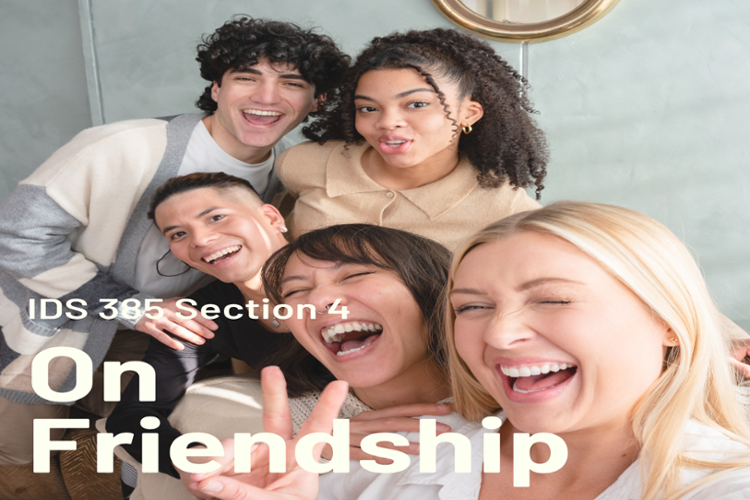
Instructor Michelle Taylor
Monday and Wednesday 4:00PM - 5:15PM
Over the course of the last century (even the last decade!) social and technological changes have radically reshaped our attitudes toward friendship, renewing our attention not only to its value and complexity, but also to the proliferating ways that friendships can be formed, mediated, strengthened, or undermined. In this class, we will explore friendship by thinking about its relationship to artistic creation, investigating friendship as it helps, hinders, and itself constitutes a form of art. We will read literary texts and films that explore both real and imagined friendships, bringing them into conversation with essays from philosophy, anthropology, and gender and sexuality studies to ask: what distinguishes friendship from other relationships, and how are these distinctions complicated by crossing racial and gendered lines? How have representations of friendship changed with changing understandings of romance and family? Are friendship's attachments based in likeness, or difference? When is friendship erotic - never, sometimes, always? What are the obligations and ethics of friendship? Most importantly, we will explore friendship at its limits: what are the lines - social, emotional, and aesthetic - that friendship can and cannot cross? Possible readings include fiction and poetry by Virginia Woolf, Frank O'Hara, Nella Larsen, Toni Morrison, and Jane Austen, films like Y Tu Mama Tambien and The Odd Couple, and essays by Montaigne, Aristotle, and Emerson.
Seeing Eunuchs
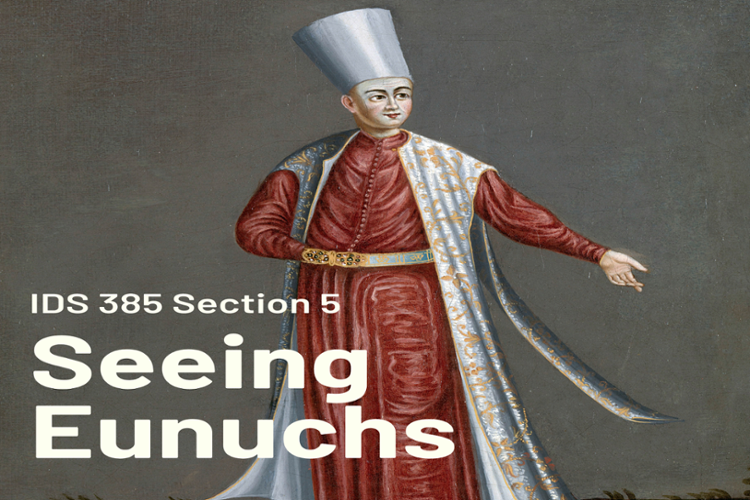
Instructor Lora Webb
Monday and Wednesday 2:30PM - 3:45PM
Approaching art as visual stimuli, performance, and sound, this course is an interdisciplinary investigation of the eunuch as an artificially made being. Many cultures, from Byzantium to China, employed castrated men within their courts. There, they were crucial not only to the care of the ruling family, but also to the creation and maintenance of an elite aesthetic. Framed as an exercise in seeing from a traditionally marginalized historical perspective, this seminar will balance close-looking and historical investigation with more theoretical texts on gender, performance, and political power. Topics will range from the Assyrian court to the tomb of the Prophet Muhammed, to the enigmatic lost voice of the castrato. We will view objects in the Carlos Museum and listen for the extinct voice of the castrato lingering in the voices of modern opera singers. Course assignments will explore how close looking, close reading, and a consideration of performative records allow us to access knowledge about marginalized figures and their historical import.